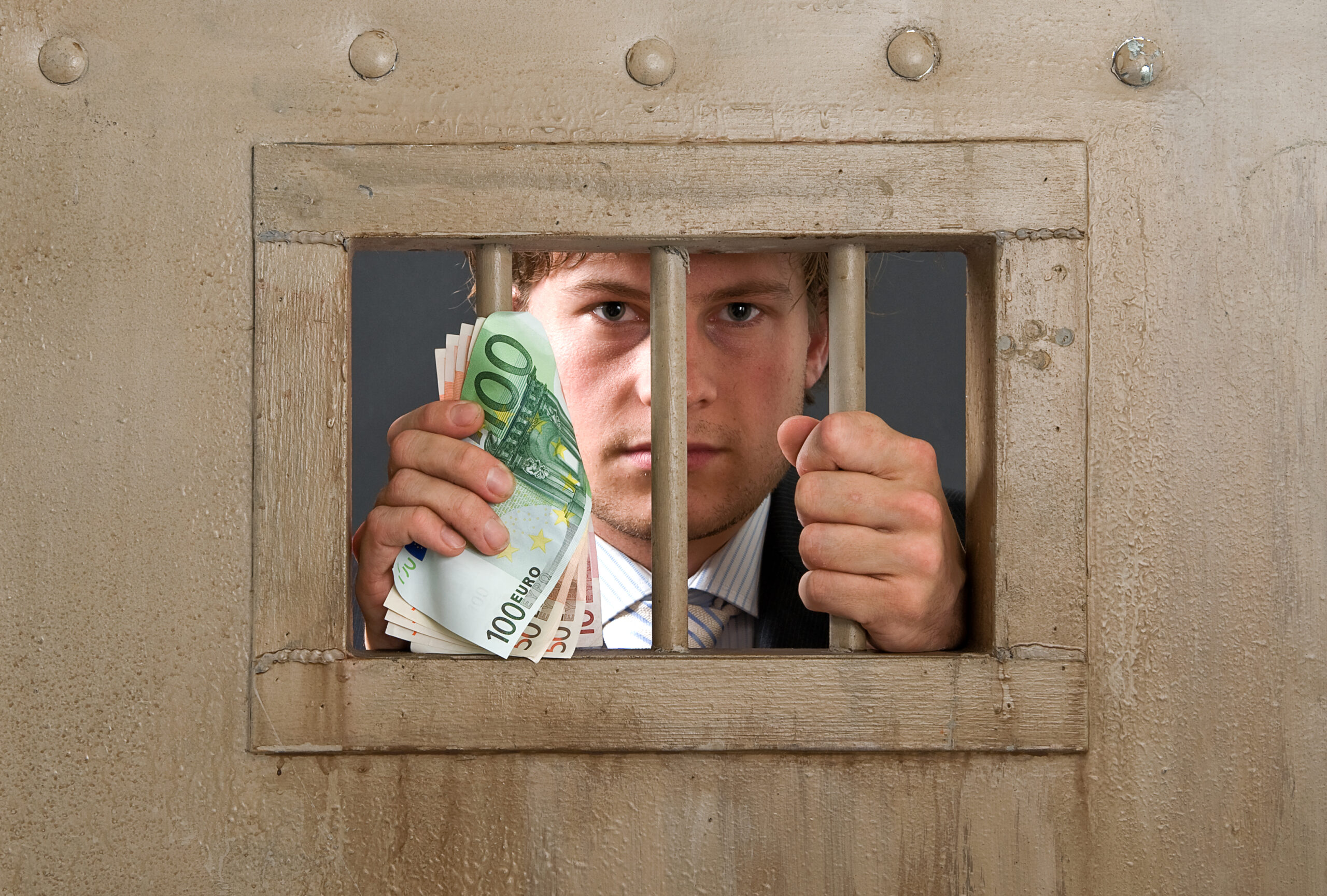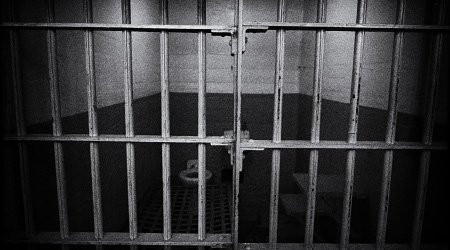About this videoIn this video I have told you that what will happen to you if you do not repay the personal loan. Can you even go to jail for not repaying th.You cannot go to jail. A debt collector cannot have the Sheriff arrest you. If they sue you, and if they prove their case with proper witnesses and evidence, and prove the amount that is actually owing, they will have a civil judgment. If everything you own is a “necessity of life” your possessions are exempt from levy.There are consequences for failing to make your debt payments as they become due however, you do not go to jail just because you default on a credit card debt, bank loan, student debt or bill payment or don’t pay a collection agency in Canada. The days of debtor prison are long past us.No, it is not a crime to owe money, if that were the case we would all be in jail. Most of us owe money on our mortgages, car loans, credit cards, etc. If you are delinquent on a debt, the creditor can put a lien on your property or a garnishment on your wages. However, you would never go to jail because you owe money.

What can happen if you don’t pay what you owe Your credit will take a big hit. Even if it doesn’t land you in jail, not paying your debts will certainly have other negative consequences on your life. Most notably, your credit score can be impacted and any debts you owe generally stay on your credit report for seven years. This can affect .If title loans are not paid, they can go to jail only for serious fraud related to forging documents or selling the collateral.The constitution of the US has obolished debtors prisons. However, the governmetn and the court systems use several tactics to get around the constitution. For example, if you owe taxes and are unable to pay them, you owe a debt to the IRS. When you do not pay or are unable to pay, they will put you in jail under a term called tax evasion.While you can’t go to jail for not paying your civil debt (credit card or loan balances), you may face jail time or other legal consequences for not paying off court-ordered debt. A debt collector may first send you a demand letter asking you to pay off the debt.

That’s illegal by the way, according to the Fair Debt Collection Practices Act. Collectors can’t threaten you with jail time because of failure to pay a credit card debt. And if they do, they’re the ones breaking the law. They probably won’t go to jail either, but they’ll get fined and you can actually be compensated.No, you cannot be arrested for defaulting on a payday loan. However, if you are sued or a court judgment has been entered against you and you ignore a court order to appear, a judge may issue a warrant for your arrest. You should never ignore a court order. If you get a court order to appear, you should go to court and provide any required .Posted on Sep 16 No, you can not go to jail for failing to pay of a loan. However, if you possess the collateral by which the loan is secured, you can not hinder the secured creditor from repossessing the collateral. If you do hinder a secured creditor, you can be charged criminally.

You can’t get sent to prison for not having a TV licence, but the fines are often very large for people on a low income to manage, and as these were Magistrates’ Court fines it was possible to be sent to prison for not paying the fine.Technically, you cannot go to jail for failure to pay a civil fine, like a loan. But in some states where consumer protections are not very strong, creditors can ensnare debtors in the court system. Failure to appear for hearings or otherwise respond to court orders arising from collections cases can result in warrants, jail time, and fines.When you do not pay your personal loans, they can take legal action against you. First, they will try to collect the debt through an internal collection department. Then they will usually turn it over to a collection agency that will attempt to collect the debt. If that does not work, they will sue you in civil court for the money.

Can I Go To Jail For Not Paying A Personal Loan? Defaulting on a loan does not mean you will go to jail: Defaulting on a loan is a civil matter. A person cannot be charged with criminal offenses for default on a loan. This means that police can’t arrest them. Therefore, a genuine person who cannot repay the EMIs cannot become hopeless.You will not go to jail if you do not pay a “payday” loan. The law in the United States is very clear – debtors cannot be jailed for failing to pay a debt. Our U.S. Constitution prohibits imprisonment for debt. Our bankruptcy laws are federal laws that enable debtors to file for bankruptcy protection when they are unable to repay their debts.Paycheck Protection Program loans may seem like “free money” for small businesses, but you need to be careful. Based on their experience with abuses of prior crisis-aid programs, former federal .However, that doesn’t mean you can’t go to jail. Even though you can’t be charged with a criminal act for not paying your debts, debt collectors can take you to civil court and get a judgment in their favor. This judgment means that you must pay your debt as agreed or have your wages garnished until it’s paid.

Yes, you can’t go to jail for non-payment of debts, but debt collectors also have their own recourse. They can take legal action against you for unpaid debts. Usually, debt collectors file a case against you, then the court will summon you for a debtor’s examination. Failure to attend the hearing might send you to prison.When it comes to debt collectors, those who threaten to have you arrested and put into jail are themselves running afoul of the law, according to the the Fair Debt Collection Practices Act. There are, however two instances in which debt can land you in the slammer.Loan defaulter will not go to jail: Defaulting on loan is a civil dispute. Criminal charges cannot be put on a person for loan default. It means, police just cannot make arrests. Hence, a genuine person, unable to payback the EMI’s, must not become hopeless. There are rules which will help the defaulter to negotiate with his/her lender.


